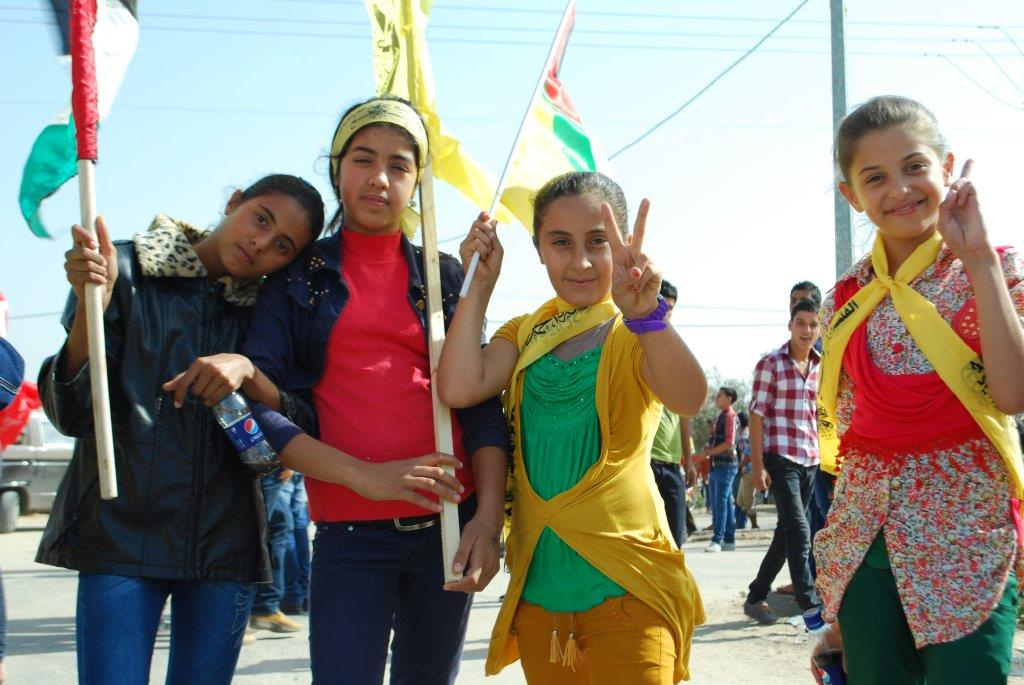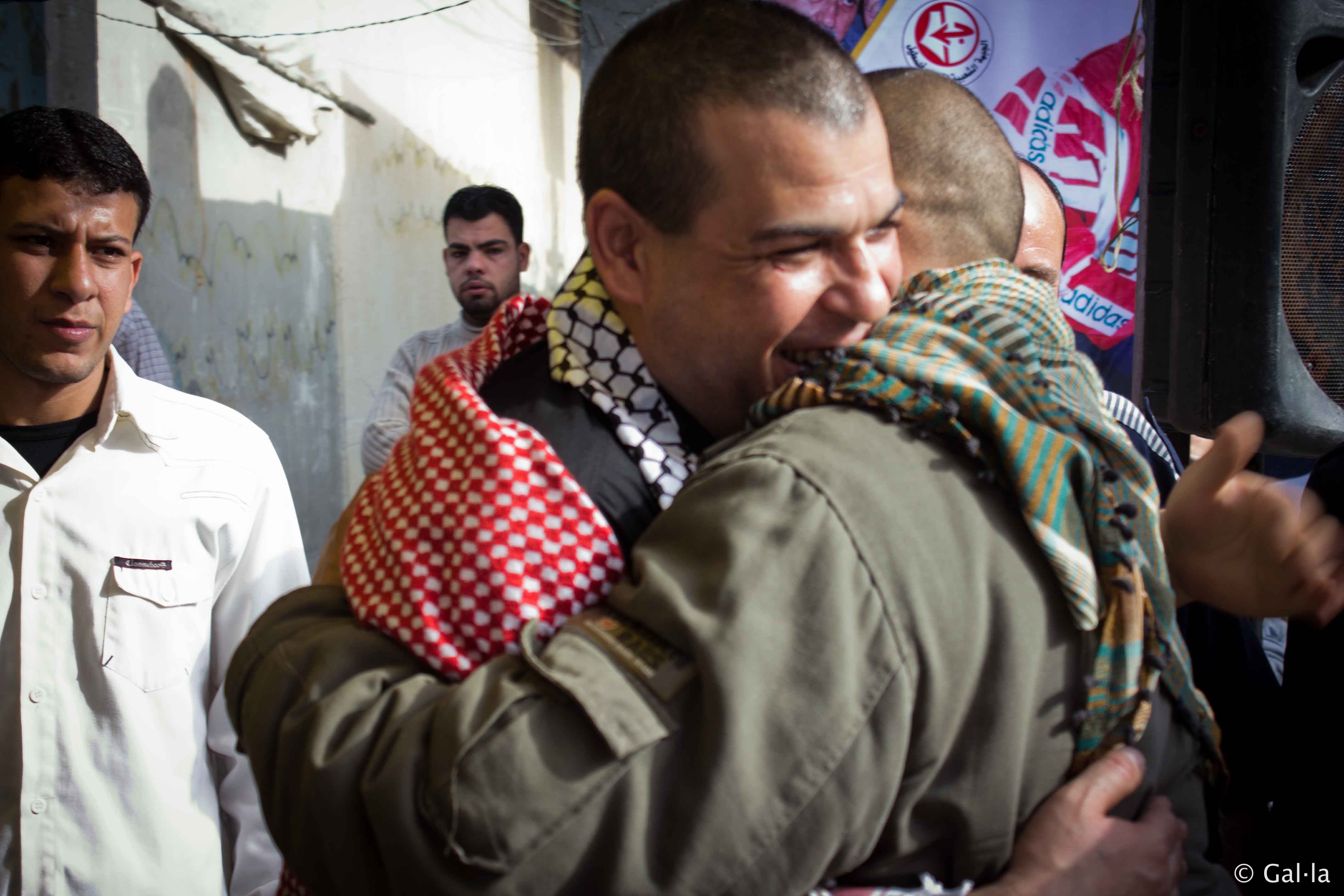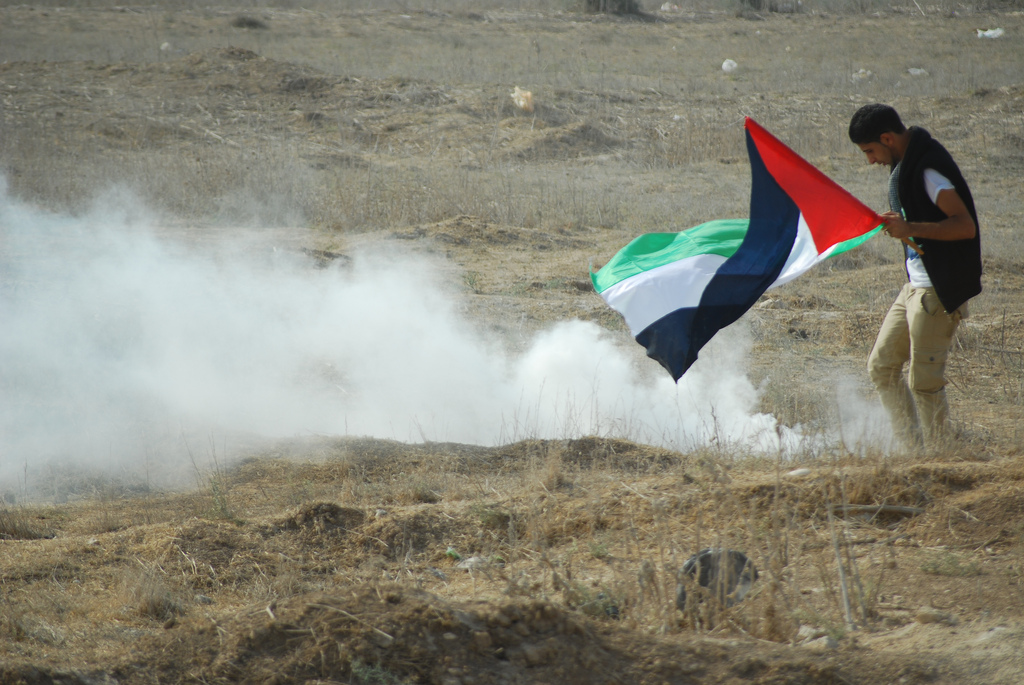Category: Gaza
-
Photos: A hero returns to Gaza
5th November 2013 | International Solidarity Movement, Charlie Andreasson | Gaza, Occupied Palestine What could be a more appropriate theme for this Monday demonstration for prisoners than those recently released by Israel? Would it have been possible to have a different one? Possible, but hardly appropriate. On the street outside the Red Cross, a temporary stage…
-
Photos: Released detainees celebrate new freedom with supporters in Gaza Strip
2nd November 2013 | International Solidarity Movement, Gaza Team | Gaza, Occupied Palestine Five former Palestinian detainees freed overnight Wednesday in the Gaza Strip have received a resounding welcome. Their families have erected celebration tents outside each of their homes to receive supporters and delegations. On Thursday afternoon, an overflowing bus carried several dozen well-wishers…
-
Photos: Gaza march on eve of Balfour anniversary met with Israeli tear gas
2nd November 2013 | International Solidarity Movement, Gaza Team | Gaza, Occupied Palestine Israeli forces fired tear gas to disperse a march in the “buffer zone” east of Gaza City, by the Nahal Oz checkpoint, on Friday afternoon. The demonstration, which began at Shujaya square in the city after Friday prayers, was organized by the…



